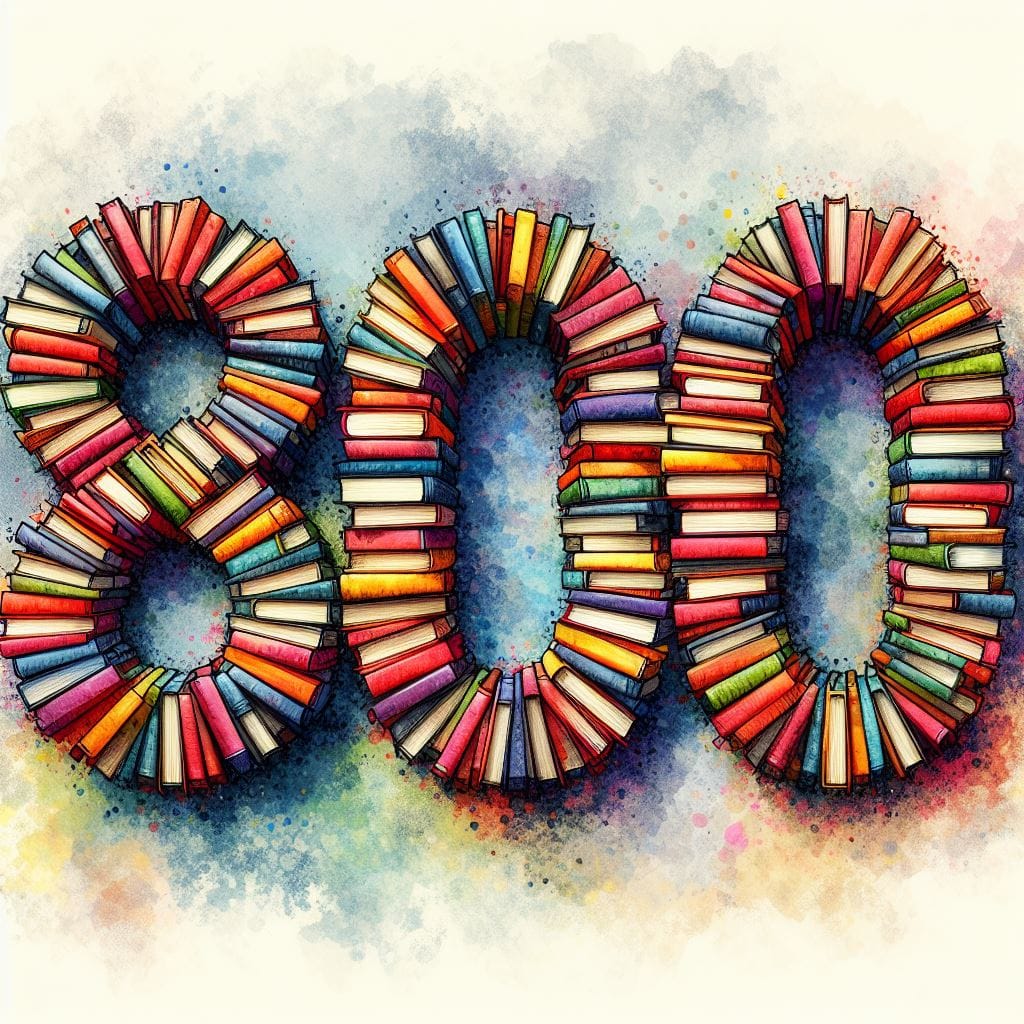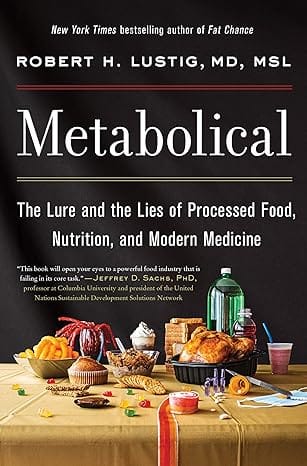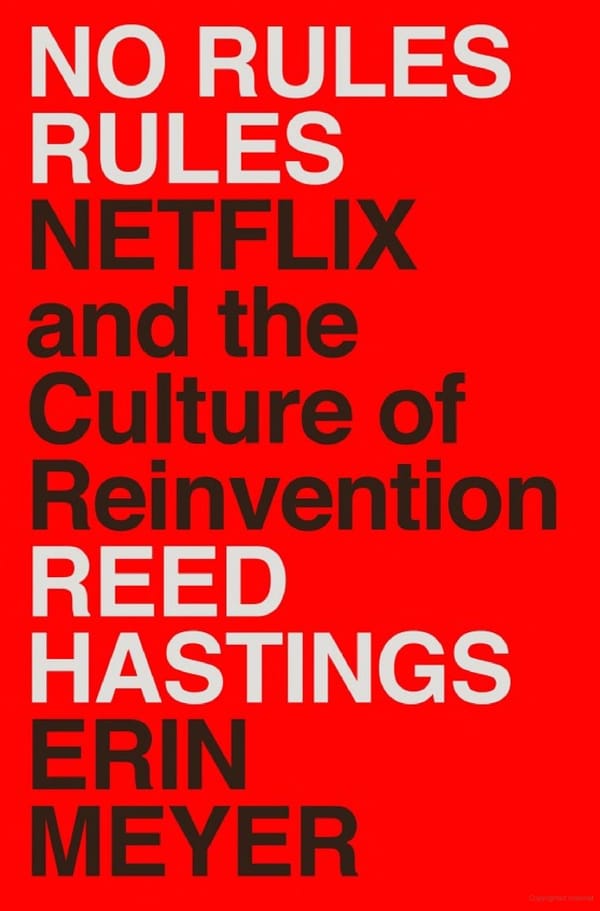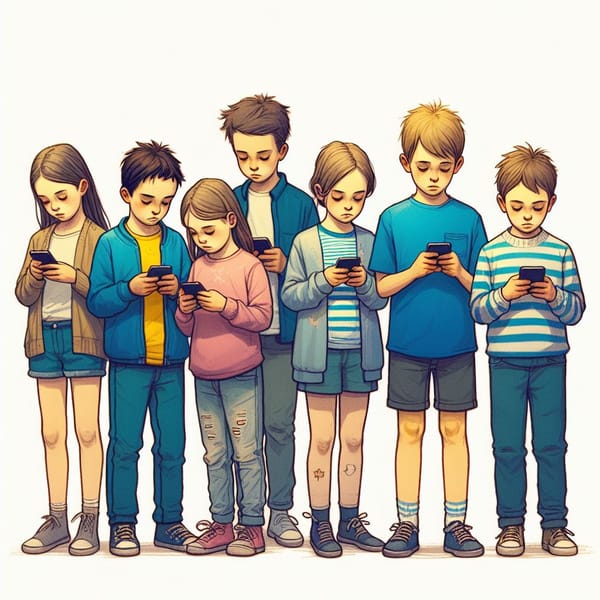800 books
A habit of reading is a great key-stone habit for self improvement. It could be just the most important habit you ever form. In this post I share the lessons on this reading journey so far.

A habit of reading is a great key-stone habit for self improvement. It could just be the most important habit you ever form. In this post I share the lessons on this reading journey so far.
I recently finished my 800th tracked* book. It’s the habit in which I invest the most time. One of the most common questions I get: how do I find the time? I have 2 basic answers to that–you get faster as you read more and it’s just a matter of prioritization. I read (of course!) somewhere that you’re never actually “too busy” for anything – you are just unwilling to prioritize that above other things you do.
Here are my general principles after reading so much in the past decade:
- Make the time. The first step is to prioritize reading. Many people have told me that they don’t have time to read, but that is just a reflection of the things we value. If you closely scrutinize how you spend your time today, you might find there are surprising time sinks that you could optimize.
Personally I found my reading spreadsheet to be incredibly helpful as I respond well to quantification and metric tracking. It has since become part of my identity. If I go a sufficient number of days without finishing a book, I start prioritizing it above other hobbies. The key to any new habit formation is to start slowly. Perhaps you can carve out 1-2 hours next week, or 15-30 minutes each day to get started. - You’ll develop a taste in books. As you read more, you will refine your judgment about which books you like. Don’t be afraid to give up on bad ones.
A few years ago, I got an action-oriented book as part of Kindle unlimited and quit after 10 pages. The book itself started in the middle of an action scene. I couldn’t even articulate the reason at the time, but it stood out to me that I was able to make that decision so quickly. I realize now that it was a sign of the author’s lack of confidence and skill in creating a compelling narrative.
Who knows how your taste will develop? That’s an integral part of the joy of reading more. - Invest in your reading. Many books are absurdly cheap compared to the value they could provide. Try to think about books as an investment.
I once met someone who was reading a Marty Cagan book but it wasn’t Inspired. In my bookish enthusiasm, I asked if he had read Inspired. “Oh I wanted to but the library didn’t have it.”
This was an odd prioritization. Presumably this person was going to spend several hours of scarce time with this book but let $15 divert them away from reading the characteristic book in the genre. I think the same applies to many of the quality publications online. - Books have disparate value. Not all books are equal. The best books are worth 10 or 100 times as much as mediocre books.
This is due to how much time the author spends per hour you spend reading the book (my guess is this is 100:1 in time spent, if not the decades they spent learning about that subject). There are some truly timeless classics such as 7 Habits and Trillion Dollar Coach that have played a profound role in shaping my world view.
On the other end of the distribution, I sometimes need to consult my spreadsheet to even remember if I read a book. And that’s ok too–you can think of it as shots on goal. - It makes you smarter. It keeps your mind sharp and expands your intellectual horizons.
It is a shame when someone thinks of college as the last stop on their learning journey. I have met people like this. Once you’re out of school, there’s nothing forcing you to learn at the rate you were learning in school (if you were learning in school–I know some people who saw college as something to be optimized as well, which is its own shame).
I’m a strong believer in the power of defaults. Set them deliberately and you’ll go far. People who read widely are often the most creative. Since picking up this habit, I’ve become much more creative in the way I think about the world. I think curiosity and creativity are deeply intertwined.
You also learn a lot more about a topic if you’re willing to read several books on it in a row. Many of my blog posts come after reading a set of books on a topic. Doing this makes you much more aware of the epistemology surrounding a topic. You’ll be more alert to the process of knowledge itself and much more aware of your assumptions. - A great way to get to know people. A lot of social interaction today is shallow. I think bonding with someone over a shared book (via a book club) is a way to really get to know someone. A well-chosen book gives the group a reflective mirror to spark deeper discussion. Books like 7 Habits are amazing for this.
And here are some more tactical lessons:
- Find a way to fit reading into your life. I recently set up a walking desk that allowed me to read on Kindle while walking. Now I can walk dozens of miles during a good book, taking care of my health at the same time!
- Another note on Kindle – the highlights and ability to annotate and then export are a great tool for retention. I revisit my book highlights from time-to-time for the great books and they often form the seed of any book review or blog post.
- The years I read 120 books were actually a sign that I overdid it. My retention was terrible, so I’ve paced myself down to 80 with a lot more emphasis on reviewing books. Maybe if your memory is better than mine, you’ll find this helpful. I still spend about the same amount of time reading, but I spend much more on retention and reflection.
- I average about ⅔ or more in non-fiction. Fiction is great for an escape and building EQ, but I find that if I do too many in a row, I’m not quite learning enough about something.
- Many books should’ve been articles. That’s ok when you have 80 shots on goal each year.
- Reading regularly eventually spurs you to write. And writing is thinking.
- Audiobooks don’t work that well for me. My retention is terrible compared to visual encoding. If I’m on a long drive, I’ll opt for a podcast.
I’m so grateful that my educational journey brought me to embrace reading as a keystone habit. Deliberately cultivating it in the last decade has been transformative in my personal and professional life.
If you’re interested and not sure where to begin, my advice is simple: start by picking up a book today. Reed Hastings once said Netflix’s number one competitor is sleep. Maybe you can turn your Netflix competitor into reading!
Embracing a lifelong reading habit might just be the single most important decision you ever make. So why not start today? Your future self will thank you.
Appendix
tracking*-I began tracking them in 2014 as a way of getting used to a long commute. I only count books I read for myself that are published on this list. A book I read with my kids for example will not be on this list.
Facts about my book reading:
Timeline: Book 1: June 2014 to Book 800: March 2024
74% non-fiction (this has trended slightly up over time and I’m currently on a 29-book non-fiction streak)
A sample of recent standout books:
- Trillion Dollar Coach: The Leadership Playbook of Silicon Valley's Bill Campbell
- *What's Our Problem?: A Self-Help Book for Societies
- Outlive: The Science and Art of Longevity
- The Coming Wave: Technology, Power, and the Twenty-first Century's Greatest Dilemma
- Clear Thinking: Turning Ordinary Moments into Extraordinary Results
*I have a review for What’s Our Problem but haven’t decided if I want to post it yet.
A sample of books I read, by milestone. I picked the most noteworthy book close to the specific milestone to discuss here (not all books are worth reading, or mentioning here).
- 1 - 6/13/14: Armageddon: The Battle for Germany, 1944-1945
- An excellent Max Hastings view of the closing parts of the European Theater.
- 100 - 3/9/16: A Midsummer’s Equation
- Fiction; Higashino creates very compelling mysteries and all of his books end up on my pre-order list.
- 200 - 6/12/17: How Google Works
- An interesting read about how Google thought about itself in the mid 2010s.
- 300 - 6/27/18: The Book of Why: The New Science of Cause and Effect
- A nice introduction to causal inference. I somehow skipped learning about this in my economics education and really liked Judea Pearl’s treatment.
- 400 - 4/18/19: Trillion Dollar Coach: The Leadership Playbook of Silicon Valley's Bill Campbell
- I’ve read this book 3 times, and will probably revisit it at some point in the future. One of my favorite management oriented books ever. Reviewed by me here.
- 500 - 4/13/20: The Precipice: Existential Risk and the Future of Humanity
- Opened my eyes to a catalog of existential risks and how to weigh them appropriately. One of the books that most influenced my thinking on what’s important. Reviewed by me here.
- 600 - 10/13/21: The American Story: Conversations with Master Historians
- An interesting set of conversations about history and how to think about how a nation forms its own story.
- 700 - 2/27/23: What’s Our Problem?: A Self-help Book for Societies
- I’ve been wondering since the mid 2010s what is happening to our society. This book goes furthest in answering. ACX review here (paywalled unfortunately). I have a private review, but given the nature of the topics I may not make it public.
- 800 - 3/25/24: Into Thin Air: A Personal Account of the Mt. Everest Disaster
- A classic that I finally added to my reading list. Absolutely compelling story about climbing Mt Everest and the disasters of the 96 climbing season. Book review incoming soon.
Per year (as of Jan 1, 2024):
- 6/1/2014 29
- 1/1/2015 62
- 1/1/2016 66
- 1/1/2017 90
- 1/1/2018 114
- 1/1/2019 121
- 1/1/2020 64
- 1/1/2021 62
- 1/1/2022 81
- 1/1/2023 87



